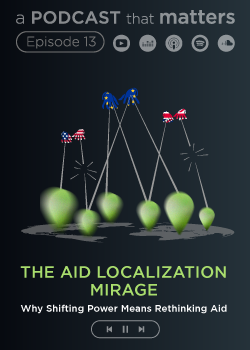Print

Modelling, Control and Applications of Hydrodynamic Cavitation Phenomena: CaviPRO
Details
Locations:Austria, Belgium, France, Germany, Ireland, Italy, Netherlands, Slovenia, Switzerland
Start Date:Feb 1, 2024
End Date:Jan 31, 2028
Contract value: EUR 2,164,852
Sectors: Information & Communication Technology, Research
Description
Programme(s): HORIZON.1.2 - Marie Skłodowska-Curie Actions (MSCA)
Topic(s): HORIZON-MSCA-2022-DN-01-01 - MSCA Doctoral Networks 2022
Call for proposal: HORIZON-MSCA-2022-DN-01
Funding Scheme: HORIZON-TMA-MSCA-DN - HORIZON TMA MSCA Doctoral Networks
Grant agreement ID: 101113564
Objective:
Hydrodynamic cavitation (HC) is known for causing damages on machines, pipelines and equipment due to the formation and implosion of tiny gas bubbles and local temperature hotspots. Controlling and utilizing these harsh micro-conditions has the potential to revolutionise process unit operations such as mixing, reactions, emulsions and particle formation for the benefit of the European process industries and global industrial community. Systematic understanding of the physicochemical phenomena occurring in HC and design of HC reactors and scale-up are missing. Now it is time to guide the research further towards game-changing implementations that utilises HC and orchestrate them in large systems that are ready for industrial deployment. Therefore, we propose the DN project CaviPRO, which aims (a) to push the current scientific boundaries and explore entirely new directions of fundamental research on controlled cavitation that is linked to state-of-the-art additive manufacturing, advanced process control and machine learning; and (b) to educate and mentor 10 curious and capable doctoral candidates to form a critical mass of fully skilled young professionals acting as multipliers to develop technologies across Europe. The network is built on synergies and complementarities between leading scientists, world-class institutions, different disciplines, and the incorporation of several industries as drivers – ranging from start-ups to SMEs to global players – from all over Europe. In the medium- to long-term, we have the joint vision to create new and sustainable education structures with strong involvement from key stakeholders. The approach blends research, manufacturing and customer driven process design in an innovative way with short times to market, high efficiency and low costs. This will build a continuous stream of leading European scientists who will create new knowledge and innovations in the future, resulting in rapid economic growth and leadership in this field.

